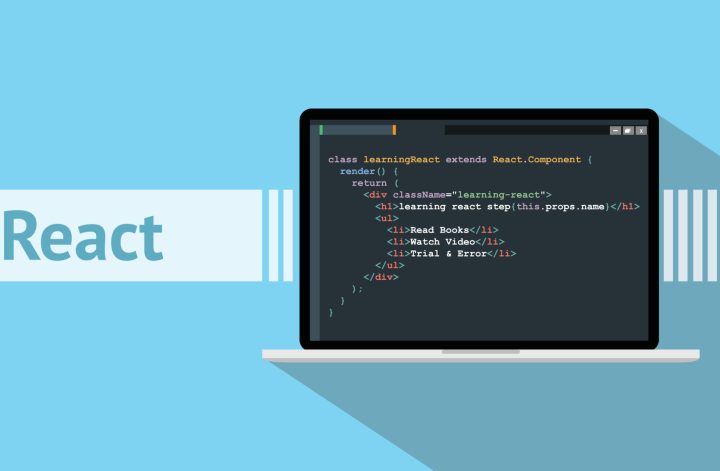Various laws regulate location proximity services and tracking, depending on the specific type of service and the jurisdiction in which it operates. Here are a few examples of laws that may be relevant to location proximity services and tracking:
- The General Data Protection Regulation (GDPR) is a European Union (EU) law regulating personal data collection, use, and storage. The GDPR applies to any company that processes the personal data of EU citizens, regardless of the company’s location. The GDPR requires companies to obtain consent from individuals before collecting or using their data. It gives individuals the right to access, rectify, erase, and restrict the processing of their data.
- The California Consumer Privacy Act (CCPA) is a state law in California that regulates the collection, use, and sale of personal information by businesses. The CCPA applies to companies that do business in California and meet certain thresholds for revenue or number of customers. Like the GDPR, the CCPA requires companies to obtain consent from individuals before collecting or using their data, and it gives individuals the right to access and delete their data.
- The Children’s Online Privacy Protection Act (COPPA) is a federal law in the United States that regulates the collection of personal information from children under 13. The COPPA applies to websites and online services directed at children or having actual knowledge that they are collecting personal information from children. The COPPA requires companies to obtain parental consent before collecting personal information from children and provide parents notice and choice about their data collection practices.
- The Electronic Communications Privacy Act (ECPA) is a federal law in the United States that regulates the interception, access, and disclosure of electronic communications, including email, text messages, and location data. The ECPA prohibits the unauthorized interception or access of electronic communications. Still, it also provides exceptions for certain types of communications, such as those made public or intercepted with the consent of at least one party to the communication.
These are just a few laws that may be relevant to location proximity services and tracking. It’s essential for companies that offer these services to be aware of the laws that apply to their operations and to ensure that they are complying with these laws.




